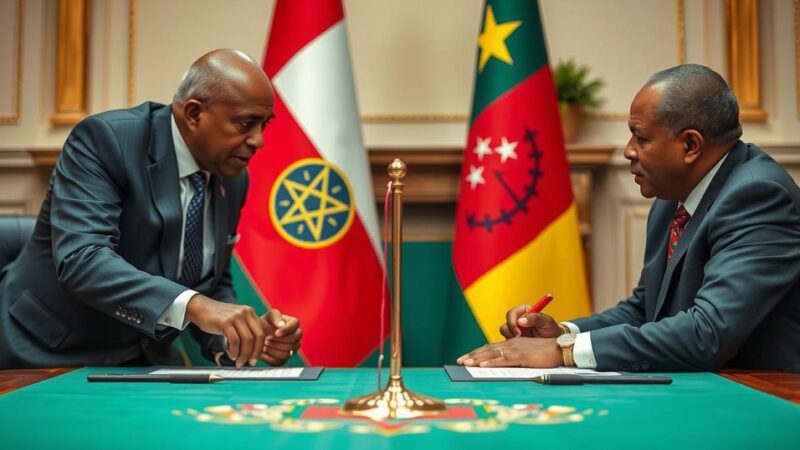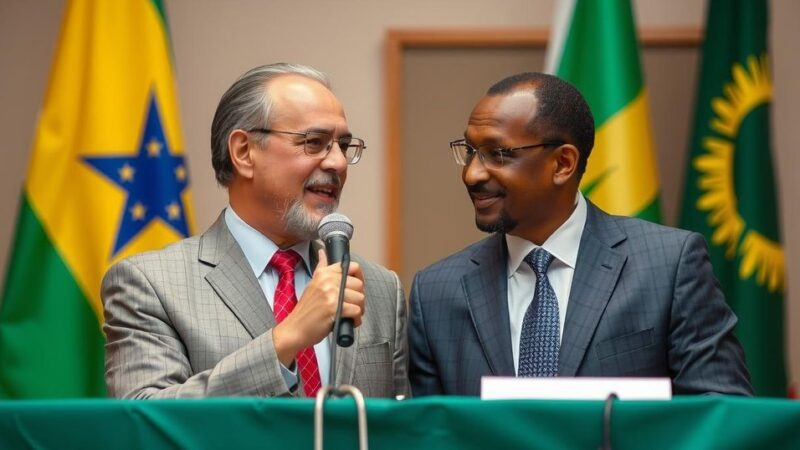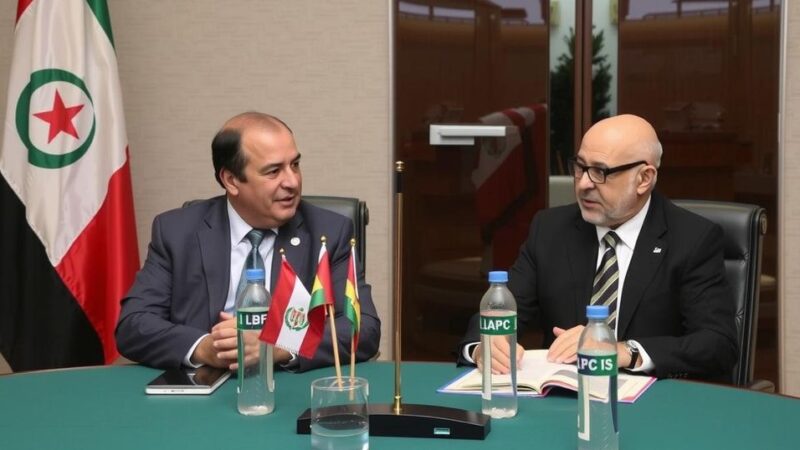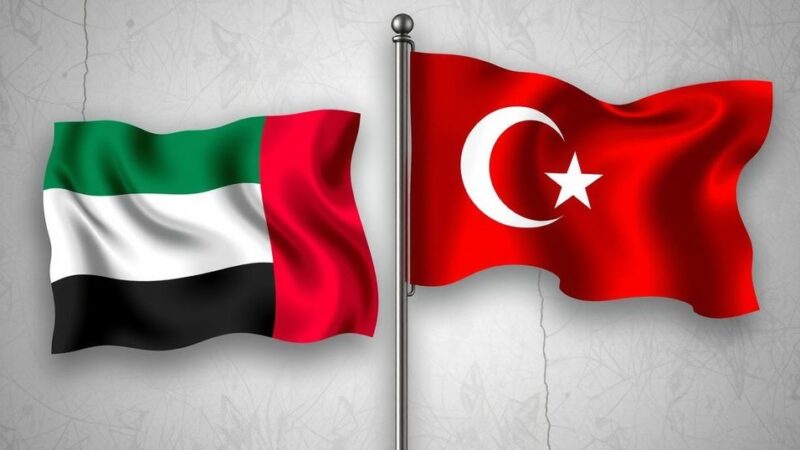Following the fall of Bashar al-Assad, Yemenis react with hope and apprehension regarding the future of the Houthi militia. Many anti-Houthi individuals regard the event as a pivotal opportunity to challenge Houthi dominance and envision a new political landscape, while Houthi members express resilience and readiness for conflict. The recent developments amplify calls for comprehensive solutions to Yemen’s enduring humanitarian crises and the complex interplay of regional politics that impacts the Houthis’ fate.
The recent fall of Bashar al-Assad has prompted a critical examination among Yemenis concerning the potential fate of the Iran-aligned Houthis. Many Yemenis perceive this event as an extraordinary moment that could signal the commencement of a shift in power dynamics within their own country. While anti-Houthi factions express optimism for a possible downfall of the militia that has controlled significant territories since 2015, pro-Houthi supporters regard the Syrian regime’s demise as a substantial loss for their geopolitical alignment and the broader Iranian influence in the region.
In the context of escalating tensions and numerous conflicts, the anti-Houthi rhetoric has intensified following al-Assad’s overthrow, with hopeful figures considering this a decisive moment for the Yemeni opposition. Faisal Mohammed, a teacher in Taiz, champions this perspective, articulating, “Finally, the Syrian people have justice. Assad’s fall gives us hope that the Arab world can rise above oppression.” This sentiment reverberates across a spectrum of Yemeni society, indicating a collective yearning for transformation.
However, the situation remains complex, as the Houthi militia stands fortified, well-armed, and politically astute. Houthi leadership communicates readiness to engage should hostilities recommence, utilizing the hijacked narrative of resilience against perceived aggressors. Mohammed Ali al-Houthi, a prominent figure within their Supreme Political Council, has asserted, “The Yemeni people do not care about threats.… Any foolishness committed by the Israeli enemy against Yemen will trigger the [military] operations of the Yemeni armed forces.” Such statements evoke a persistent cycle of violence that could envelop Yemen anew.
Furthermore, the international atmosphere surrounding the Houthis has become increasingly fraught due to their actions in regional waters and their military provocations. These maneuvers have drawn a global outcry, resulting in the Houthis being designated as a terrorist organization once more. Observers note, as Abdulsalam Mohammed emphasizes, that there exists a determined collective will to dismantle Houthi governance, potentially through both diplomatic and military pathways.
Yemenis express a cautious view of the future, noting that the removal of tyrannies requires substantial groundwork to establish lasting peace. As Yunis Saleh articulates, “What matters is what comes next.” This perspective resonates among citizens weary from nearly a decade of conflict, aligning with a broader call for a considered and comprehensive resolution to Yemen’s protracted humanitarian crisis.
Therefore, amidst the complex political landscape and hopes of change—highlighted by the recent upheavals in Syria—Yemen stands at a pivotal juncture, where both opportunity and challenge coexist, defining the potential path forward for its people and governance.
The ongoing conflict in Yemen, initiated by the Houthi militia’s seizure of power in 2014, has resulted in a devastating humanitarian crisis aggravated by international involvement. As the region reacts to the destabilization of the Assad regime in Syria, Yemenis reflect on their internal strife and consider the implications of such geopolitical shifts on their struggle against the Houthis. The Houthis, backed by Iran, have maintained control over significant portions of Yemen, leading to a multi-faceted civil war involving various regional and international actors. The recent developments in Syria may influence perspectives on the Houthis’ future and the possibility of restored governance in Yemen.
In conclusion, the downfall of Bashar al-Assad has ignited a spectrum of reactions among Yemenis, with anti-Houthi voices expressing newfound hope for change, while Houthi supporters lament the loss of an ally. The complex realities of Yemen’s conflict underscore the potential for renewed violence, which could mirror the tumultuous post-Assad era in Syria if not navigated carefully. The Yemeni populace’s desire for peace emphasizes the necessity for a comprehensive strategy to address the underlying issues of governance and humanitarian need, amidst an ever-fluctuating regional landscape.
Original Source: www.aljazeera.com







